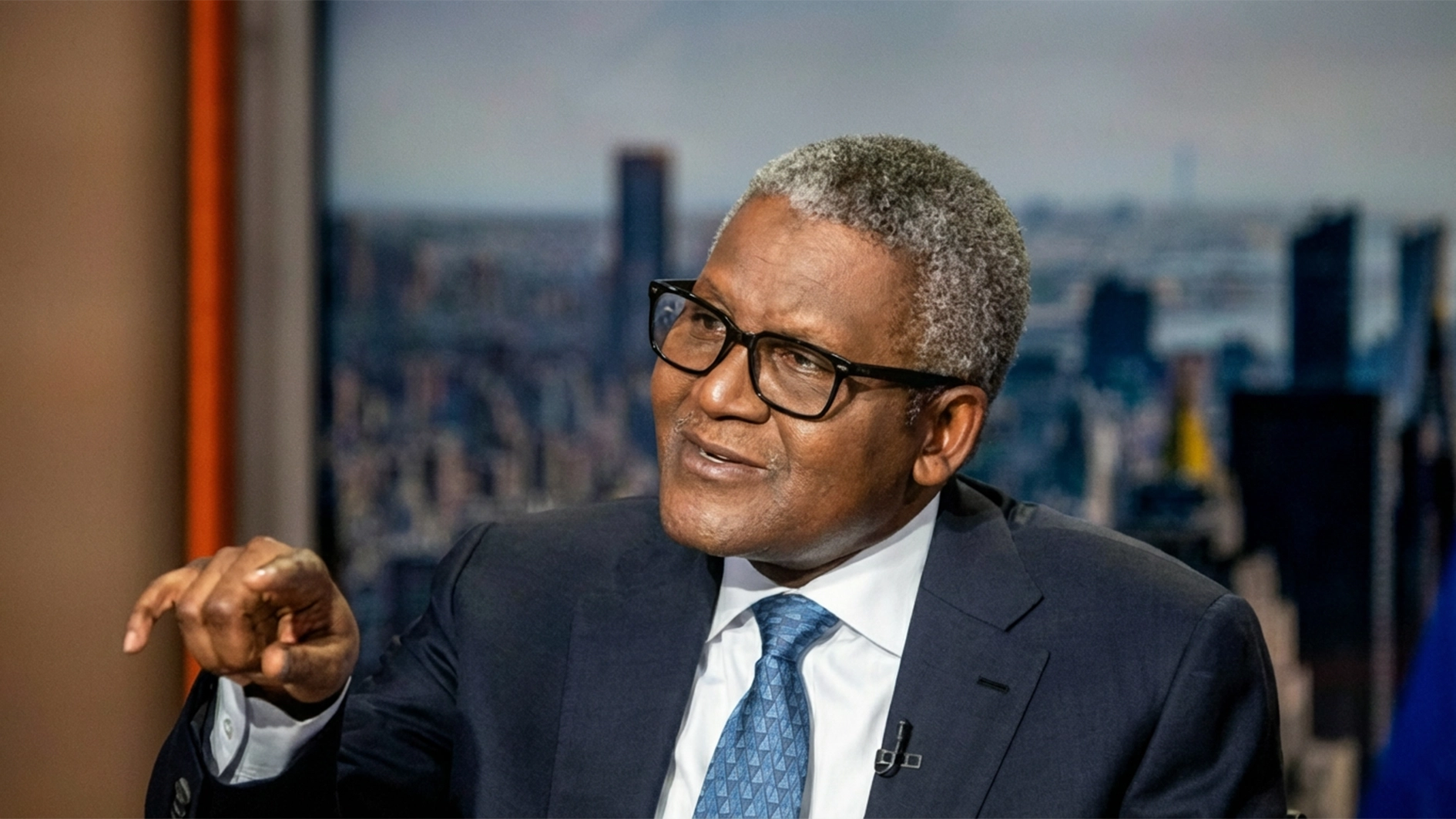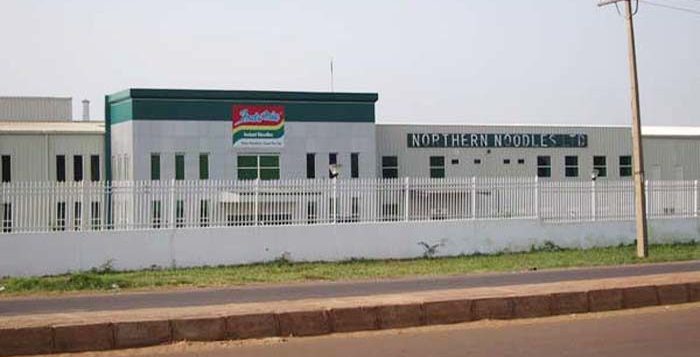Notwithstanding the massive investment in seafarers’ development by the Federal Government, the Nigerian crew is still facing severe discrimination due to preference for foreign certificates.
The Nigerian Maritime Administration and Safety Agency (NIMASA), had invested heavily in its National Seafarers Development Programme, (NSDP) scheme, but has been experiencing a delay in taking the cadets for sea time training. The Agency had blamed the scarcity of spaces for sea time training.
A Seafarer and Marine Engineer, Daniel Ikueyemi, said during an interview monitroted on Maritime TV, that the poor feedback mechanism at NIMASA has deprived the agency of the true impact of the investment in seafarers’ development.
Ikueyemi, a beneficiary of NSDP programme with OOW Unlimited Certification proposed that NIMASA creates a seafarers’ desk at the agency with the onus of receiving valuable information and experiences of seafarers, especially on practices onboard vessels.
According to him, this can be an avenue to enable the agency to resolve the numerous problems associated with seafaring, as “NIMASA would better capture seafarers experiences.”
Ikueyemi decried that most seafarers trained under the NSDP are on the verge of having their Certificates of Competency (CoC) invalidated, yet they have no resources to renew it because they never had an opportunity of going on board vessels even for a single day.
“NIMASA shouldn’t allow their resources to waste away because that is what happens when the seafarers aren’t engaged. The duration of CoC is five years, and it becomes useless if one doesn’t utilize it during that timeframe.
“Imagine the millions of dollars that have been spent on NSDP already. Nevertheless, NIMASA can’t give an account of the number of cadets they have trained so far. A lot of people have left the system unnoticed.”
On the discrimination against Nigerian seafarers because of the quality of their CoCs, he said: “Every Nigerian that goes to have his or her CoC outside the country already understands the issue of discrimination. It has become a common thing for us. Discrimination against those operating with Nigerian CoCs has become the norm. So the discrimination resulting from the CoCs becomes discrimination out of the discriminated.”
Also speaking, a Marine Captain and Consultant, Capt. Ola Alufa, blamed NIMASA for the discrimination against the nation’s CoC, and subsequent poor remuneration of Nigerian seafarers.
He faulted the Agency for its refusal to expunge some clauses in the International Convention on Standards of Training, Certification and Watchkeeping for Seafarers (STCW), which confine Nigerian seafarers to the local shores with limited CoCs.
Alufa also decried that NIMASA is yet to market Nigerian CoCs to the global shipping community to show that seafarers with such certificates underwent training in tandem with global best practices.
Noting that the restriction on the CoCs of Nigerian seafarers has deprived them of opportunities to be recognized globally, he said: “When you issue a Nigerian seafarer ‘Near Coastal Voyage’ and only give ‘Unlimited’ for Officer On Watch (OOW), it is an undue restriction. Nigerian seafarers must be exploited as big seafaring nations like the Philippines, Russia and India. These nations make huge revenue from the seafarers. Meanwhile, Nigerian seafarers are given gross tonnage.”






